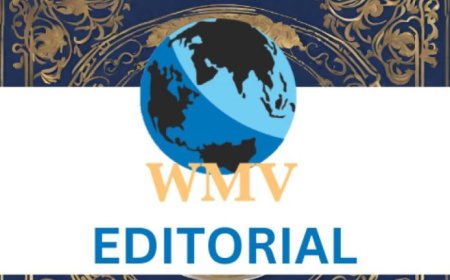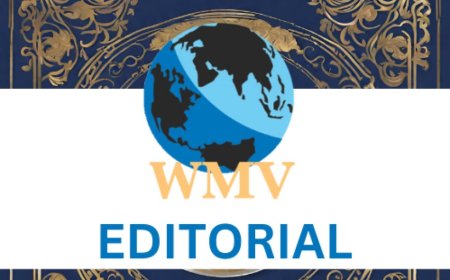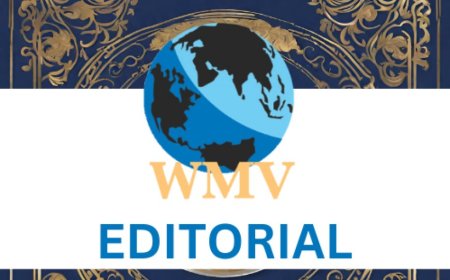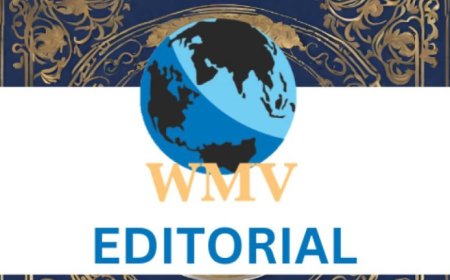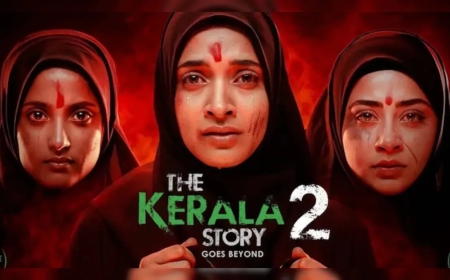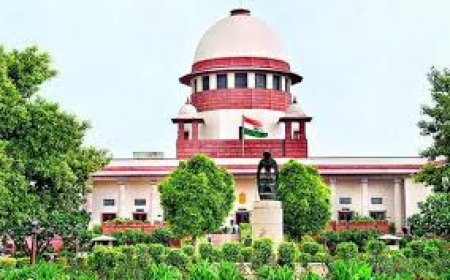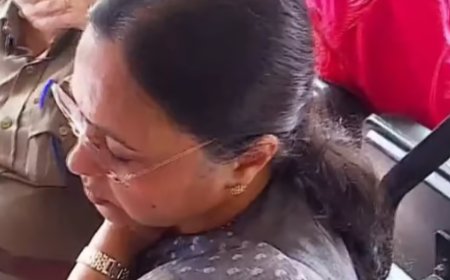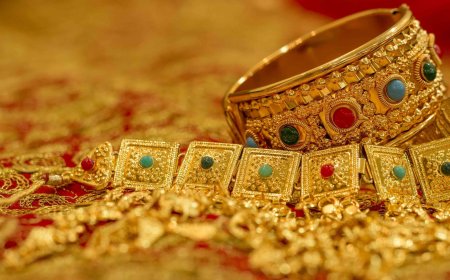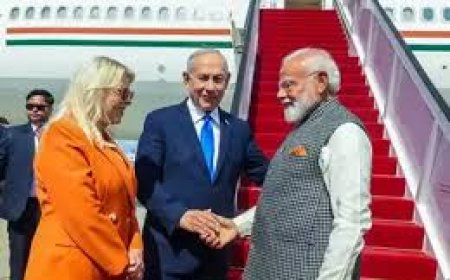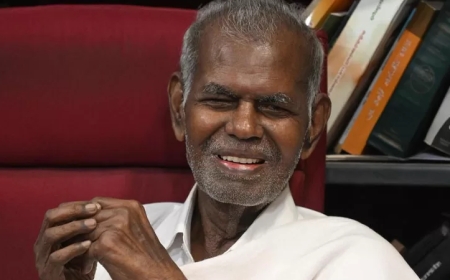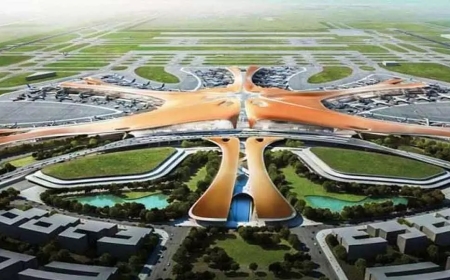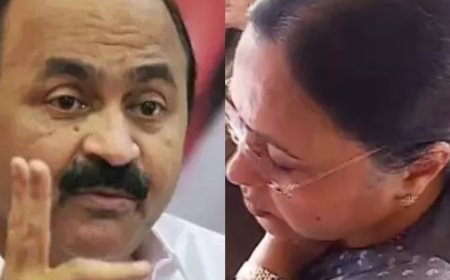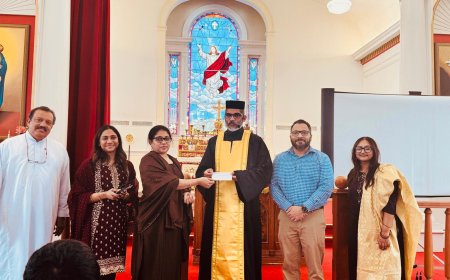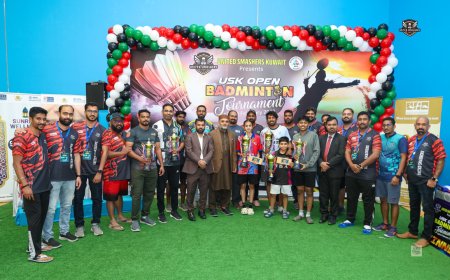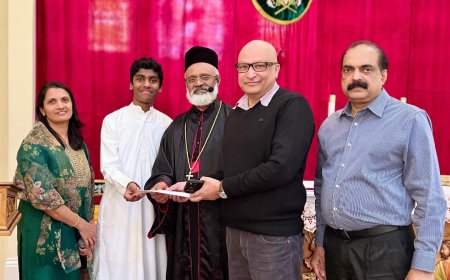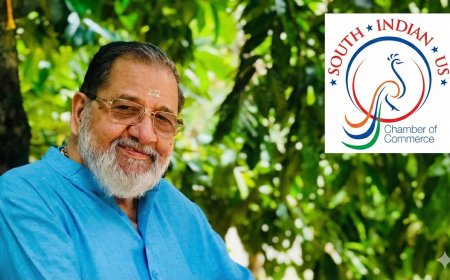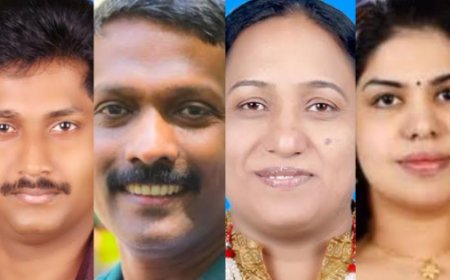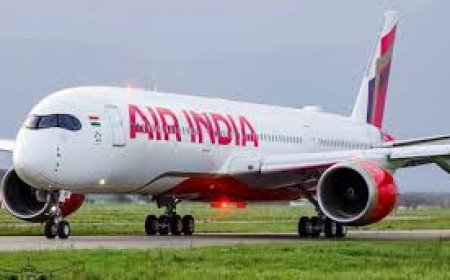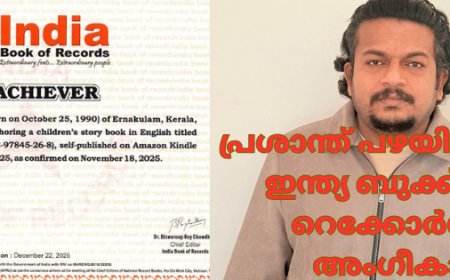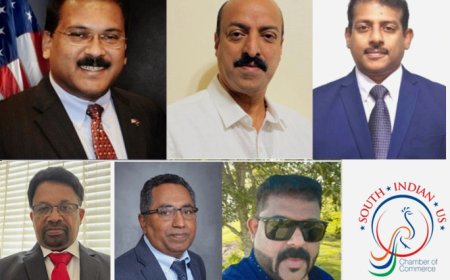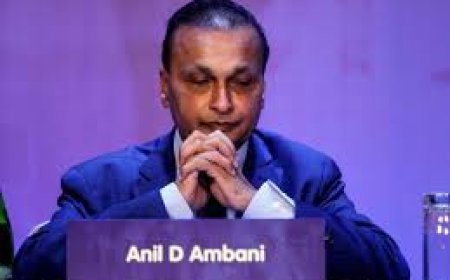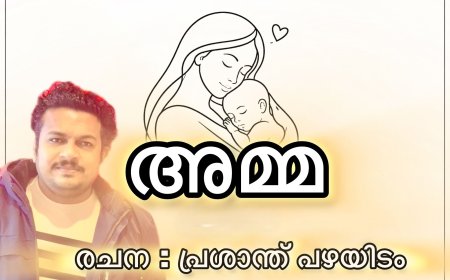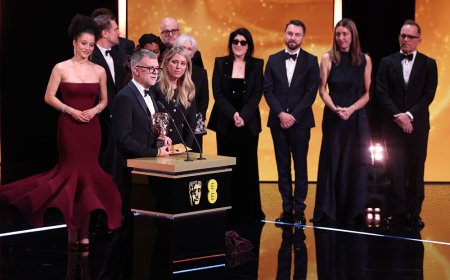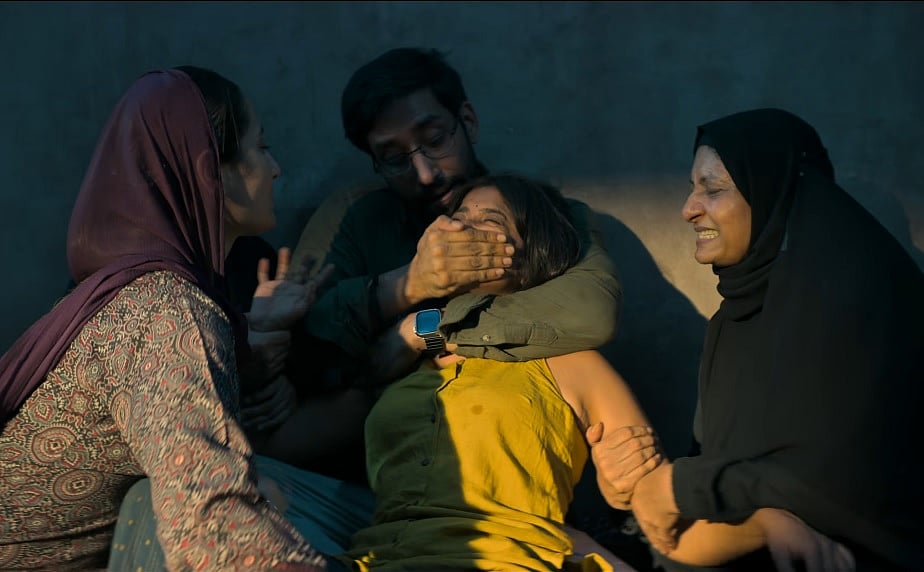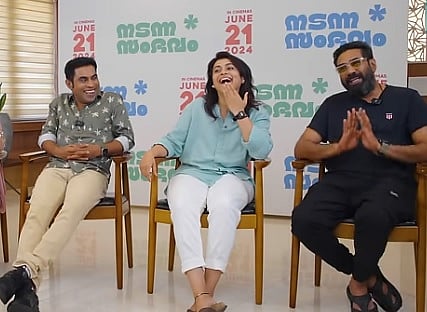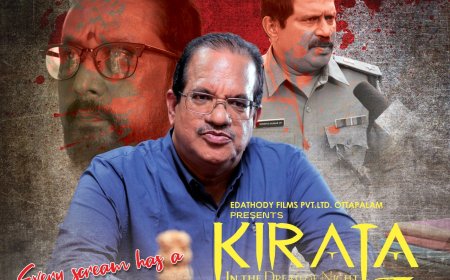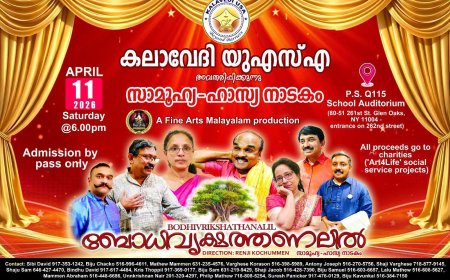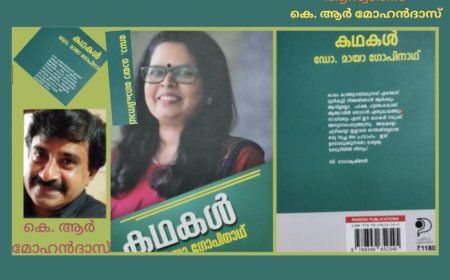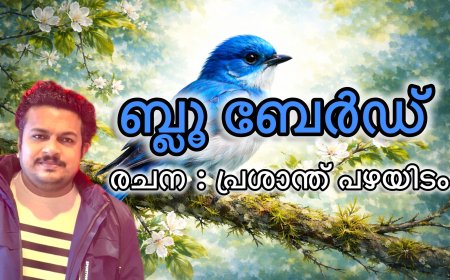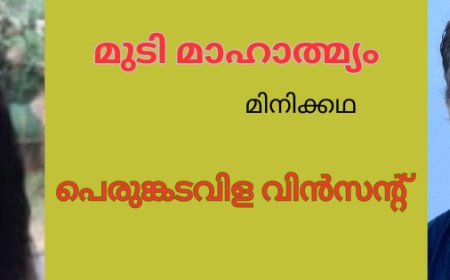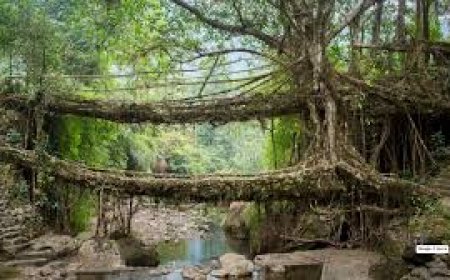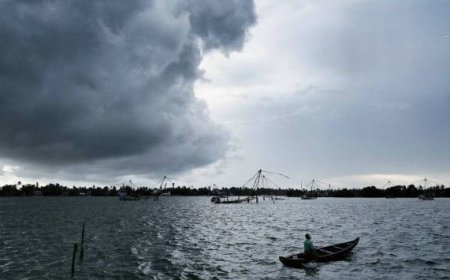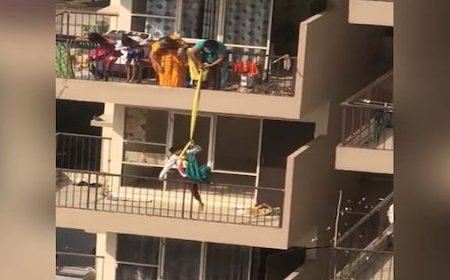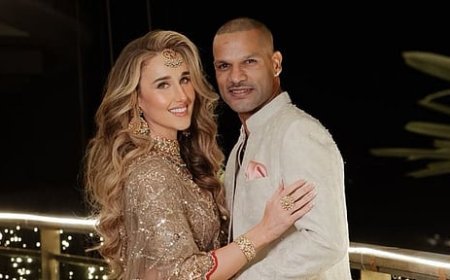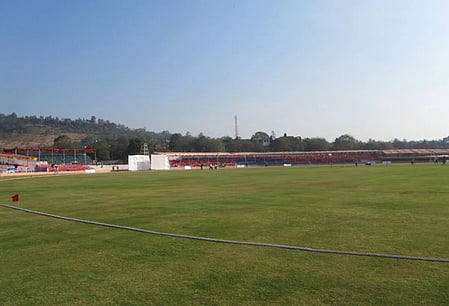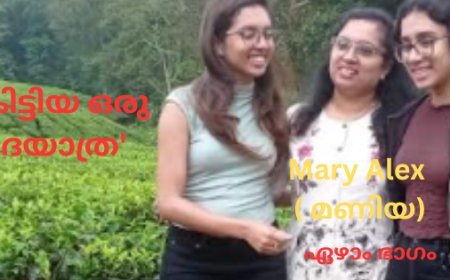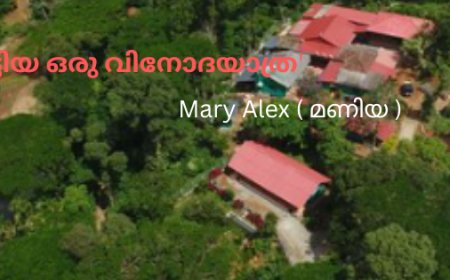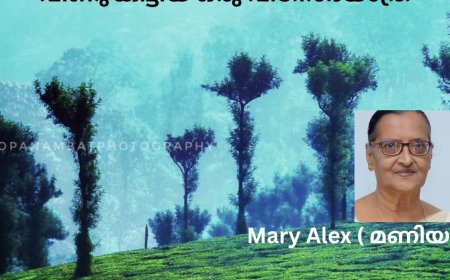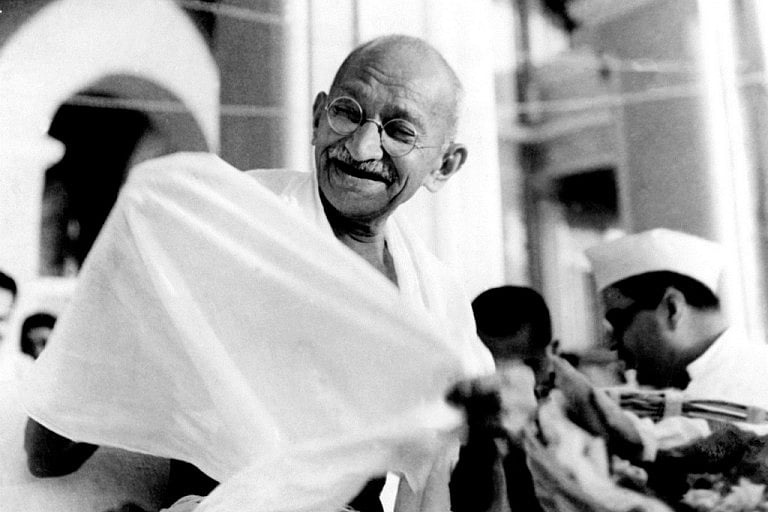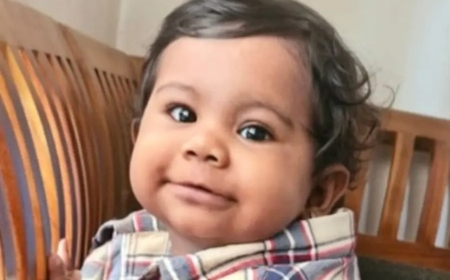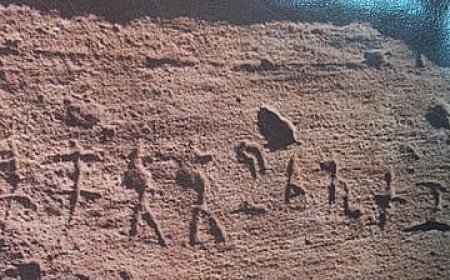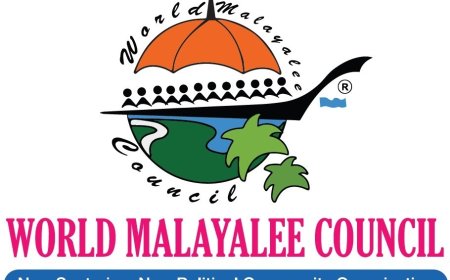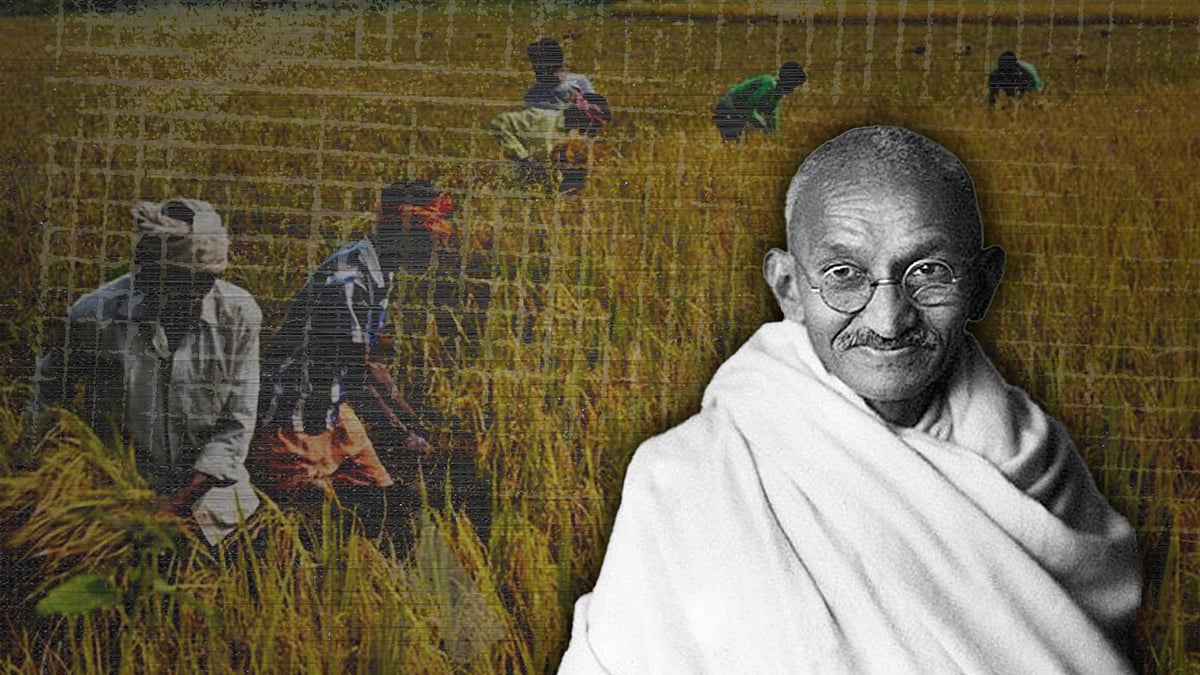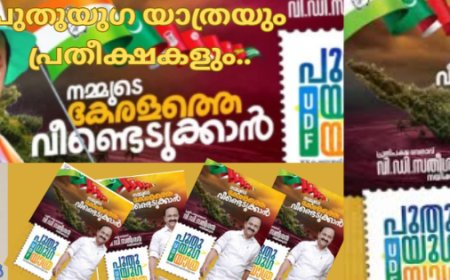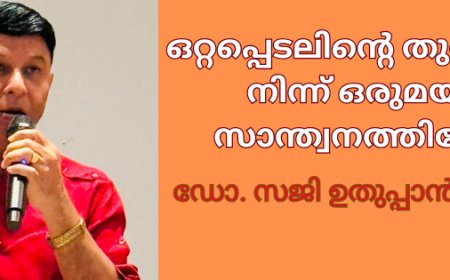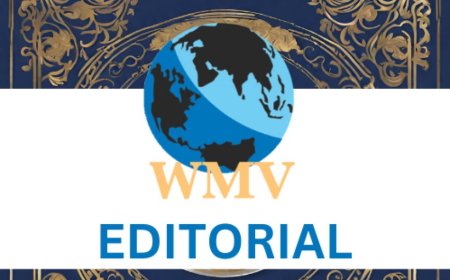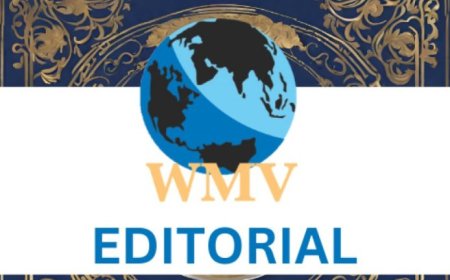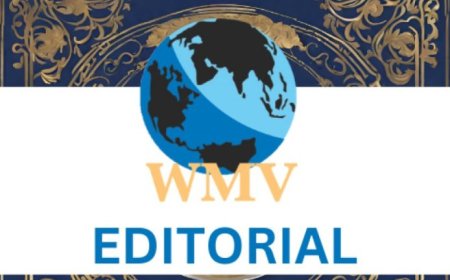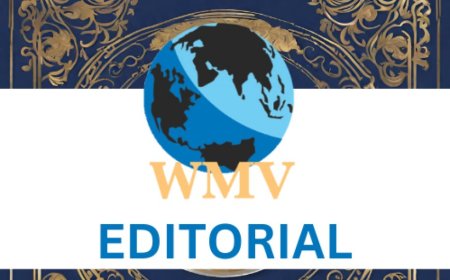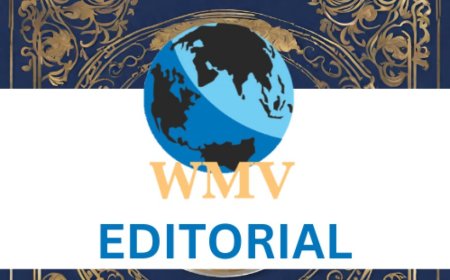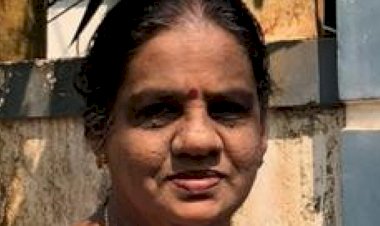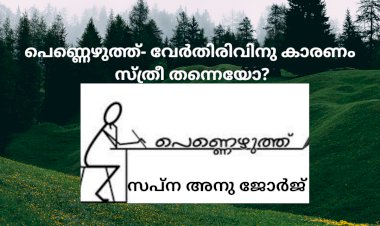Long live Malayalees
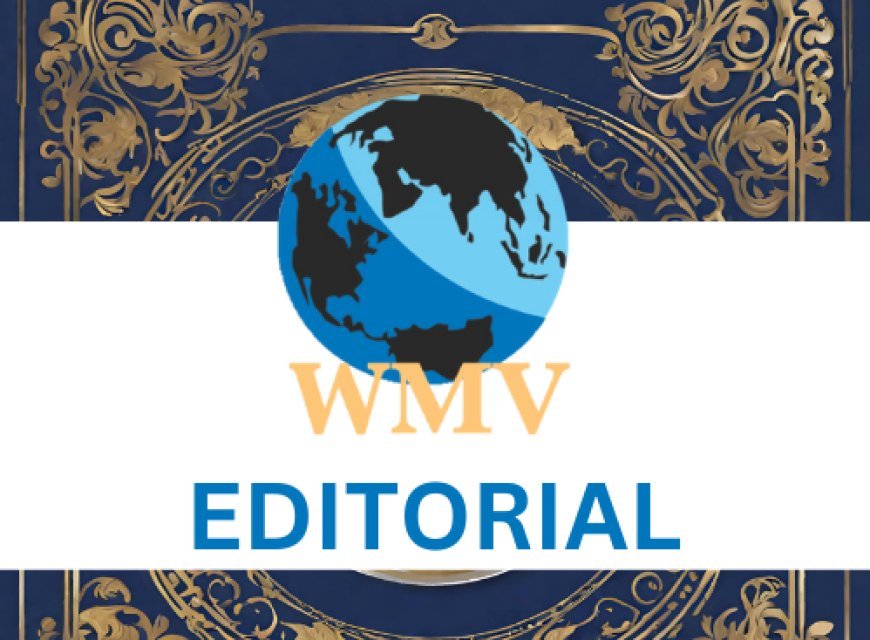
ALMOST every human being is proud of their heritage, whether rich, poor, educated or uneducated. It is a natural phenomenon. Everybody is proud of their birth place, birth state and birth country. Each person is identified with the birthplace, whether it is a small village, town or a big city.
I am a Mallappallykkaran, Thrisurkkaram, Kollamkaran, Palakkaran and Manjoorkkaran, and similarly from Nagpur, Karachi, Dublin, Dallas or from a certain birthplace. The birthplace identity never goes away even though that person moves away and lives elsewhere. You cannot bad mouth about one’s birthplace in front of that person.
Heritage, even though connected to the birth country or birth state or region, is not connected to the birthplace. You can call a person Goan, Bengali, Tamilian, Pakistani, Nigerian, Irish, Mexican, Canadian, Vietnamese, Brazilian or Canadian based on the state or country or North Indian, Middle Eastern, North African, European or Asian based on the region. None of these names represents your heritage.
The new Malayalee generation born and growing up in countries outside India does not have a Malayalee identity. They are not Keralite or Kochikkaran. They are German Indian or Malayalee or Indian American or Indian American Malayalee. Everybody likes to identify with their birthplace. My children were born in a town called Nutley in the State of New Jersey, USA. They want to be a Nutleyan or a New Jerseyan or an American.
Heritage represents your culture, mainly, the character of the community and traditions, the food habits, type of communication and behavior. If you grew up in Kochi, Kerala, India, you are influenced by the Kochi Culture, Malayalee Culture and Indian Culture. So your heritage is Indian or Malayalee or Kochikkaran. If you grew up in Kochi, you understand all these various heritages with their common factor.
What is the common factor - a person living in Kerala is a Malayalee. If you are born in Chennai and grew up in a Malayalee family, you are influenced by the Tamil culture along with the Malayalee culture. If you are born or grew up from childhood in New York City to Malayalee parents, you are influenced by the American culture, New York City culture and Malayalee culture. Therefore, the common factor in all Malayalees wherever they are born is the Malayalee culture and heritage.
What is Malayalee heritage? Some of the common good characteristics of Malayalees are, friendliness, mutually helpful, empathy for those who are in need or suffering and communal harmony. What are some of the bad characteristics of Malayalees - argumentative, lack of vision, individualistic and stubborn. Some of these characteristics are common for people, whatever their origin is.
The new generation of Malayaees growing up abroad is not often identified as Malayalees. Most of them do not think that way. Many never visited them especially if they are born abroad. Can we call them Malayalees? Yes, we can and we must. Malyalee is the identity they can keep for generations, no Indian identity or foreign identity. This is what we should tell the new generation growing up or born in foreign countries.
I wrote about various identities one can keep - birth place, country where born, religion one can identify with, language one speak and the color of the skin. For a Person with Malayalee heritage, the best identity is Malayalee. There are Malayalees in 192 of the 198 countries in the world. If all of the new generation Malayalees continue to maintain their primary identity as a Malayalee, we can have one big Malayalee community not just limited to Kerala or India.
I urge all the parents and grandparents with Malayalee roots to tell their children and grandchildren growing up aboard about the great Malayalee heritage of friendship, cooperation, mutual concern and communal harmony. Let us teach them to uphold the Malayalee identity and uphold it through generations.
